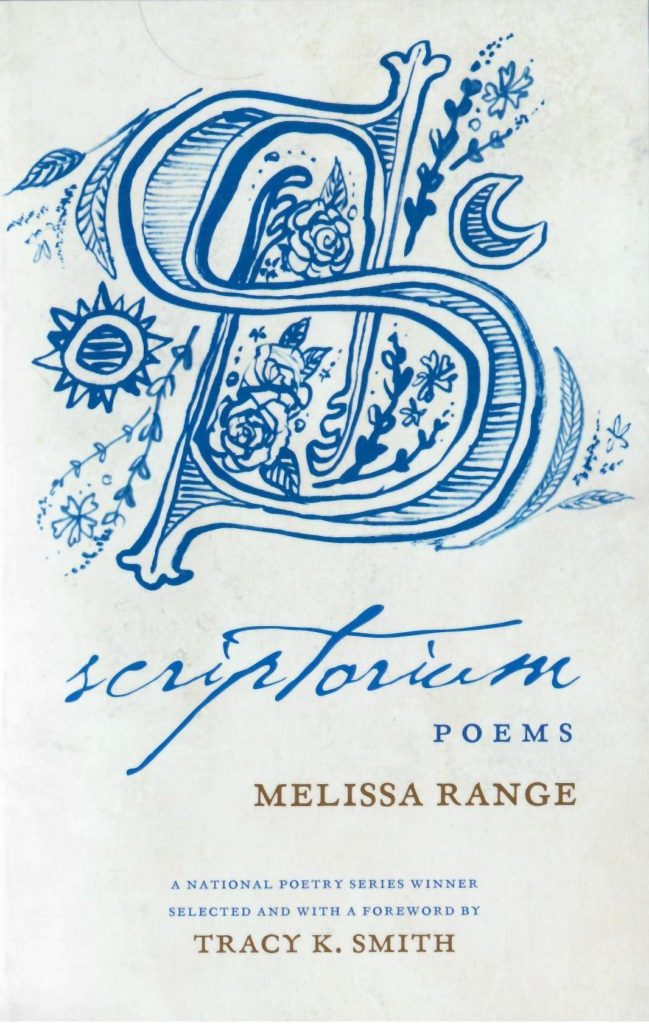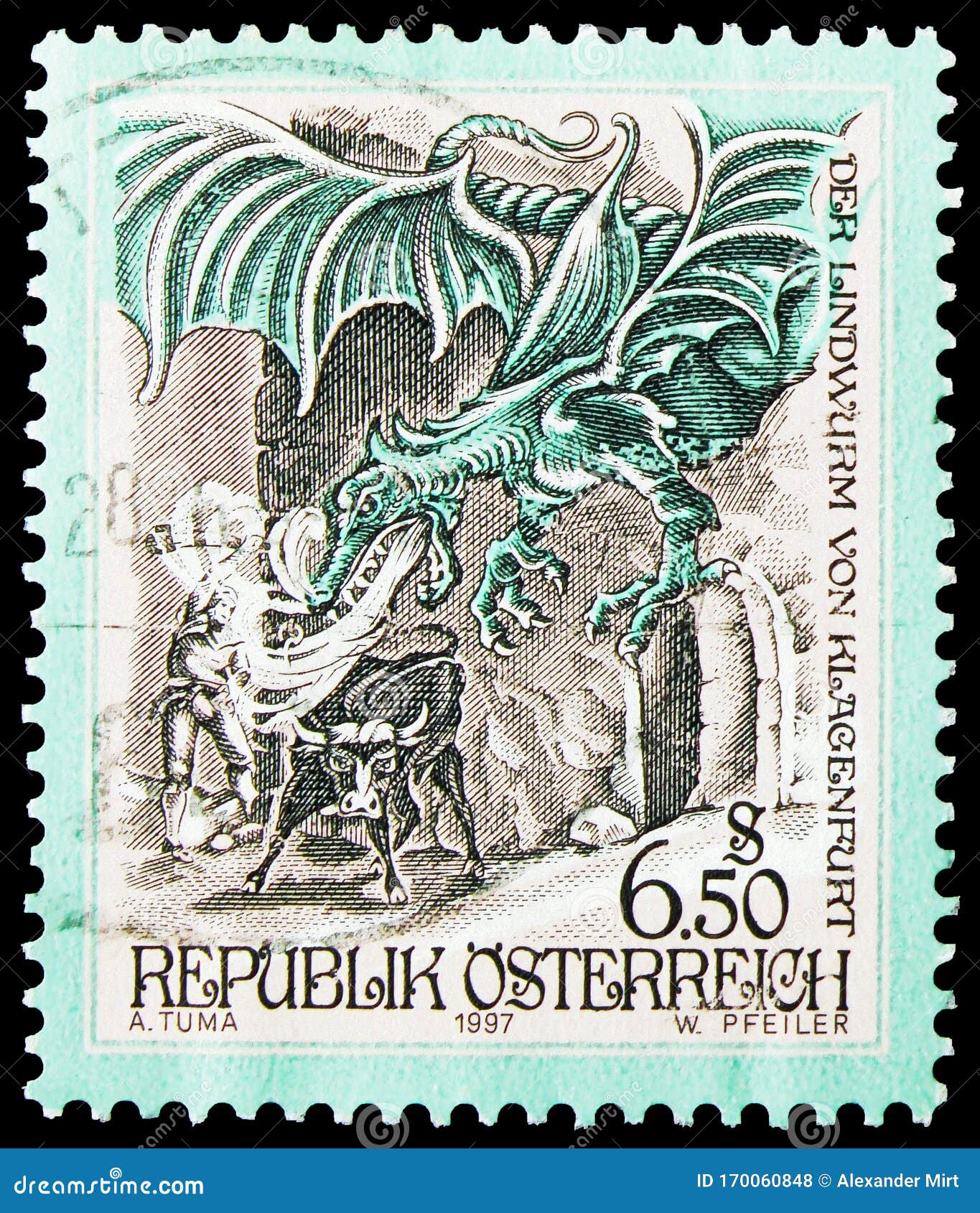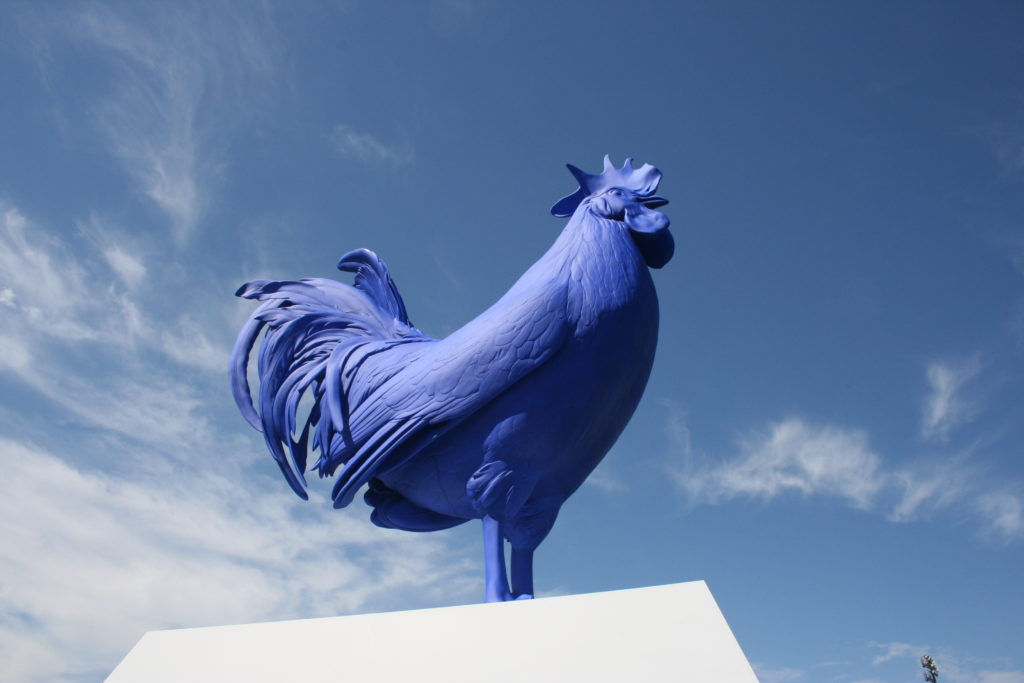

I learned only recently about the extraordinary poetry of Melissa Range through the upcoming opportunity to hear her read and discuss sonnets that will be happening at the Blue Heron Coffeehouse at 6:30 p.m. on Tuesday, April 12, 2022 in Winona, Minnesota. This event is the kick-off celebration for the annual international Maria W. Faust Sonnet Contest. Go, if you possibly can! It should be an extraordinary experience. Here is a short description form the MWF website: Turn and Turnabout: Contemporary Sonnets will be presented by Melissa Range. From Melissa, “The sonnet is one of the most flexible of poetic forms, lending itself to all kinds of formal innovations. We will look at a handful of contemporary sonnets and talk about how contemporary poets both follow and break the rules of the sonnet, as well as how the flexibility of the sonnet affects us as readers and inspires us as writers. Time permitting, we may also do a short sonnet exercise!”
Range’s work in Scriptorium: Poems [a winning manuscript in the 2015 National Poetry Series] is, as former U.S. Poet Laureate Tracy K. Smith notes in the introduction, “All the many formal commands to which Range’s poems gladly bend are in the service of something urgent, something having to do with a view of language as a means of survival.”
Indeed.

Background for My Poem, “Wyvern”:
When I run across an unfamiliar word in my reading, especially one I like the sound of, I look it up. Sometimes I jot it down in my Alphabet Soup notebook as the title for a someday poem. Earlier this spring, I happened on the word “wyvern” and it intrigued me. Its etymology winds back through Middle English and Old North French to the Latin word “vipera” which suggests not only “viper” but, by association, “snake,” “serpent,” and “dragon.” I have learned that the wyvern could be regarded as a littler dragon-wannabe. In mythology and heraldry, wyverns (which have but two legs and beaks, as opposed to four-legged dragons who have open mouths glittering with teeth) are smaller. They don’t breathe fire or lay waste to whole landscapes or amass and guard golden hoards or debate sagaciously with the gold of their word hoards. They are smaller and less impressive, usually stingingly vicious and generally unpleasant but not so deadly. Yet they appear in heraldry not infrequently, even for modern sports teams in the U.S. and Britain, as an emblem of persistence. Perhaps think mosquito rather than grizzly bear?
I am sure today’s poem was influenced by my recent enjoyment of Range’s work.

My loose sonnet construction imagines an upstart wyvern being slapped down by a proper dragon, and, as an aside, a comment of literary ambition.
For some reason, I keep thinking of this photograph I took at the Minneapolis Sculpture Garden:

Happy Reading! Happy Writing! LESLIE

Learned a lot. I didn’t know the word “wyvern” until your poem today. I love the story behind its creation and the language. Great fun! And the big blue chicken? That IS a big blue chicken isn’t it? I’m giggling …